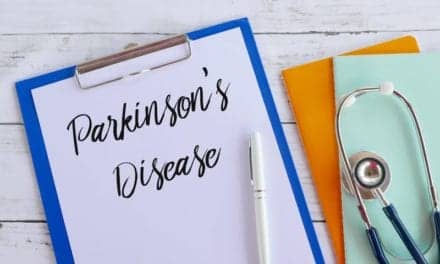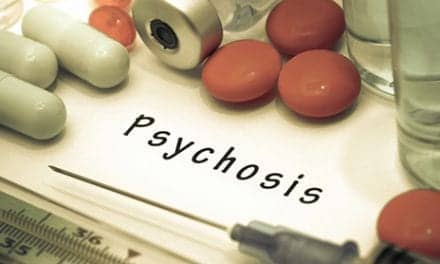NEW YORK (Reuters Health) – Improved measures of sleep quality are associated with a shorter duration of low early-morning mobility in patients with Parkinson’s disease, researchers from Japan report.
“Patients with Parkinson’s disease, especially elderly patients, frequently experience subjective sleep benefits due to temporarily improved post-rising mobility,” Dr. Hiroshi Kataoka of Nara Medical University School of Medicine told Reuters Health by email.
“However, earlier studies investigating the association between sleep quality and morning mobility (had) conflicting results.”
As many as 60% of patients with Parkinson’s disease report sleep problems, the most frequent nonmotor symptoms of the disease, and early-morning akinesia is common even in patients with early-stage disease.
Dr. Kataoka’s team used actigraphy to examine possible associations between objective sleep measures and morning mobility in 157 outpatients with Parkinson’s disease.
They focused on four sleep parameters: sleep efficiency (SE), wake after sleep onset (WASO), total sleep time (TST) and fragmentation index (FI), along with sleep-diary inputs.
The mean duration of the low morning mobility was 55.7 minutes, mean SE was 72.1%, mean WASO was 104.7 minutes, mean TST was 343.6 minutes, and mean FI was 3.5.
In multivariable analysis, better SE, WASO, and FI were significantly associated with shorter time in low mobility within two hours of getting out of bed.
Co-author Dr. Kenji Obayashi told Reuters Health by email, “Our results suggest that a 1-standard deviation (SD) increase in sleep efficiency (13.6%) correlates with a 5.7-minute decrease in low morning mobility time within 2 hours after rising. Hence, a 1-SD improvement of objective sleep may lead to a 10.2% decrease in low morning mobility time.”
TST was not independently associated with low early-morning mobility, the researchers report in Sleep, online September 26.
Results were similar after adjustment for levodopa equivalent doses and Unified Parkinson Disease Rating Scale Part III (UPDRS-III) scores.
“People generally execute morning routines such as hygiene, toilet use, dressing, and breakfast within 2 hours after rising,” Dr. Kataoka said.
“Slowness or stiffness in the early morning is a common symptom of PD, and this early-morning akinesia is frequent even in patients with early-stage disease. Therefore, PD patients feel difficulty in these early-morning activities, possibly resulting in low quality of life (QOL). Our results suggest, thus, that the benefits of good-quality sleep on morning mobility may also improve daily activities and QOL.”
“This was cross-sectional design,” Dr. Obayashi said. “Therefore, further studies investigating whether improved sleep reduces symptoms of low morning mobility are warranted.”
Dr. Roongroj Bhidayasiri of Chulalongkorn University Hospital, in Bangkok, who earlier found that impaired bed mobility is related to the symptoms of stiffness and rigidity that Parkinson’s patients experience during the night, told Reuters Health by email, “As this symptom is dopamine responsive, the high prevalence of nocturnal hypokinesia is partly due to an inadequate dopamine replacement during the night. In most cases, levodopa alone is usually insufficient due to its short half-life, and our trial demonstrated the efficacy of long-acting dopamine agonist or continuous infusion of dopamine agonist in nocturnal hypokinesia.”
“We should inquire about symptoms of nocturnal hypokinesia amongst PD patients,” said Dr. Bhidayasiri, who was not involved in the new study. “They are prevalent, affecting 2 out of 3 mid-stage PD patients. The presence of wearing off during the daytime correlates with the presence of nocturnal hypokinesia.”
“With the advances of mobile technologies, we can monitor several PD symptoms in patient’s own homes,” Dr. Bhidayasiri said.
[Source: Reuters Health]





